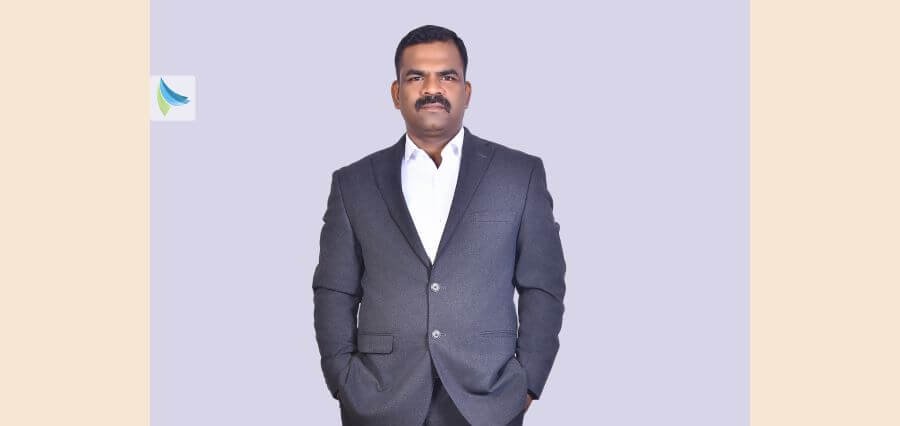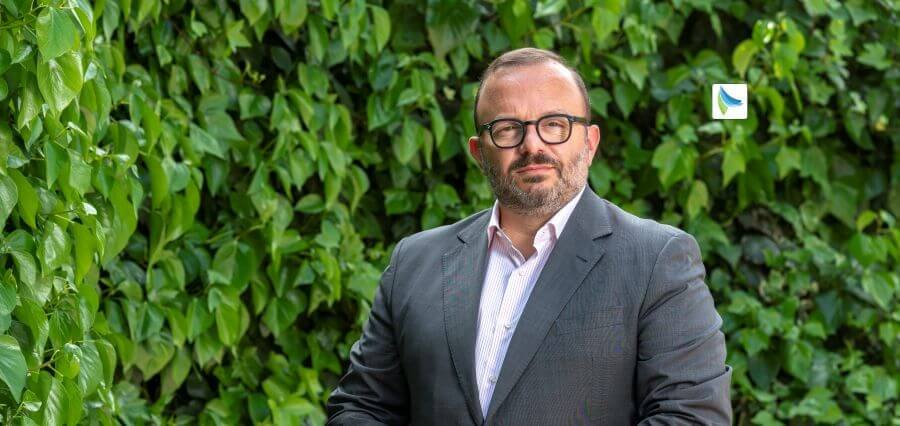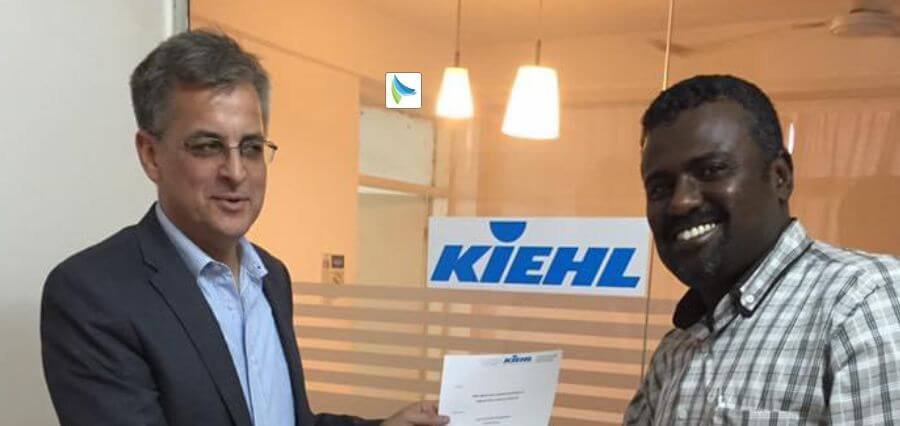Having her professional tenure entirely in higher education, Javaune Adams-Gaston started out as a staff psychologist in a counseling center at the University of Maryland, College Park, where she added on to her yearlong experience as a counselor at Iowa State University. Her trajectory has been all about what opportunities have shown themselves and what risks she has been able to take in pursuing things that may seem a little unusual.
As a result, she has been the first Black female assistant athletic director at the University of Maryland, College Park, a dean, executive director of the Career Center where she created the President’s Promise program, and a faculty member. At The Ohio State University, Dr. Adams-Gaston was the first female African American Senior Vice President for Student Life. Then, she was selected to lead Norfolk State University in its most senior executive role. She has had great experiences and great support in her career.
Today, Dr. Javaune Adams-Gaston is the seventh President of Norfolk State University. As the President, she is committed to ensuring that Norfolk State University fulfills its mission as an HBCU for the modern world, a university grounded by its heritage, focused on the future, and deeply committed to student success.
Her vision is student success, opportunity, access and affordability, and growth and sustainability. A strong advocate for collaboration and developing strategic partnerships with local, regional, and state stakeholders, Dr. Adams-Gaston, is committed to cultivating strong connections with alumni and the community.
In this exclusive interview with Insights Success, Dr. Javaune Adams-Gaston shares significant facts that highlight her professional tenure, her journey, and the challenges she surmounted to embark on the horizons of success.
Below are the excerpts from the interview:
What was the biggest challenge you surmounted to reach where you are today?
The biggest challenge—when I started out, I was a young, Black female doing atypical things like being in athletics. The challenge was really both being a Black female and being young. I was the first and always the youngest.
I was always challenged on “Okay, does she know her stuff?” People came around, and they came to know that, yes, she does know what she’s doing, and she’s very serious about how we move forward.
What significant impact have you brought to the education industry?
I think one of the impacts that I have brought to education is just acknowledgment that we need to be thinking about all of the populations who come to higher education and who want an education, who deserve an education, many of whom have not had equal opportunity in the past.
What HBCUs have done is they’ve created many professional people in professional jobs— judges, lawyers, doctors—at a disproportionate rate. That was a saving grace for us. I continue to think about how you ensure that everyone who wants an opportunity, who can do the level of work that we have them do, has that opportunity and it should not be hampered by the environment from which they come or lack of resources.
Tell us about Norfolk State University and its foundation pillar.
Norfolk State University was built during the Great Depression when members of the Black community got together and said there’s nothing more important than our young people having an opportunity for higher education.
And 88 years later, we’re still that institution where those who are invested in their education and interested in learning and the pursuit of learning have the opportunity. We’re an accessible and affordable institution.
We want our students to not only come here in big numbers, but we also want them to graduate in big numbers. Our faculty members are amazing. They’re not only doing the kind of research that creates innovation; they make sure to include their students—and not just graduate students but undergraduates as well. They are making sure that our students are prepared for tomorrow.
How does Norfolk State University promote workforce flexibility, and what is your role in it?
One of the things that we learned over the time of COVID is that there is some ability for us to work at multiple sites. It is not only that we all have to be at our in-campus work site, but that is truly preferred because of the interaction that happens. It also is the case that we had some flexibility with the state to say that we could allow some people to work sometimes from their home work site.
It hasn’t been an easy process because we’re a service organization. We have students here. We know that they have to be attended to on a day-to-day basis. And so, our real focus is how we cover that and ensure we have the best possible support for our students.
But we’ve made some accommodations, and we have looked at what else we could do. Can we make this more flexible? I think that’s important for us to do, but we always have to have our eye on the prize. We know that we don’t want most of our classes taught online. Students came back.
They came back for the interactions and for the leadership skills they could develop and to be engaged in the University. So, we know that that’s always important to this kind of work environment.
What is your take on technology’s importance and how are you leveraging it?
Technology is critically important in the world that we live in. One of the things we’ve done is we’ve had the Spartan Innovation Academy, and in partnership with Apple, we provided iPads to all our students.
This includes all of our students, all of our faculty, and all of our individuals who do some kind of teaching. That’s been great, and we keep looking at how we can get better in terms of our resources related to the Internet and how we can make that stronger.
It’s interesting because when I lived 1.3 miles off campus, I had great Internet, and when I moved on campus, the Internet provider said, “Oh, you know, they just didn’t put any 5G over here.” You have that kind of disparity that happens, and it happens along the lines of race. We’re working very hard on changing that narrative.
What will be the next significant change in the education industry and how are you preparing for it?
I think you’ll see students who want some online, but they also want some in person. You’ll see more adult individuals who will be pursuing higher education, and you’ll see a sense of mobility in the educational endeavor. The other thing that is going to happen is that people are going to be looking at certificates.
How do we provide those certificate opportunities for students while they are pursuing degrees? We have to be nimble. We have to change with the times. We have to think about higher education as something that’s happening all the time for students. It’s not just in the classroom, it’s everywhere that they are, and we need to be really focused on learning outcomes.
What are your goals in the upcoming future?
I think there are many things that Norfolk State can do as a premier HBCU and a premier institution of higher education. We want programs that speak to students of today. One of the things that you would see is the public health program that we have, which is a collaboration between NSU, ODU (Old Dominion University) and EVMS (Eastern Virginia Medical School).
We are working together to resolve and solve problems that are very important to our community—health disparity problems, health access problems. Recently EVMS and NSU created a pipeline program for our students to go to medical school and enter other health careers.
What advice would you like to give the next generation of aspiring business leaders?
The business of higher education is changing. You must be nimble. You must know what the issues are, and you must have a way of getting support from donors to help you move the institution forward. Capital campaigns are critical. Endowments have to grow in order to have the support that you need and for the longevity of the university.
Stay on top of what’s happening in the world of higher education and know that it’s always changing and the issues of today will not be the issues of tomorrow, but we will always be focused on student success; student learning; faculty engagement; faculty teaching, research and service; and the student experience, inside and outside the classroom.



















